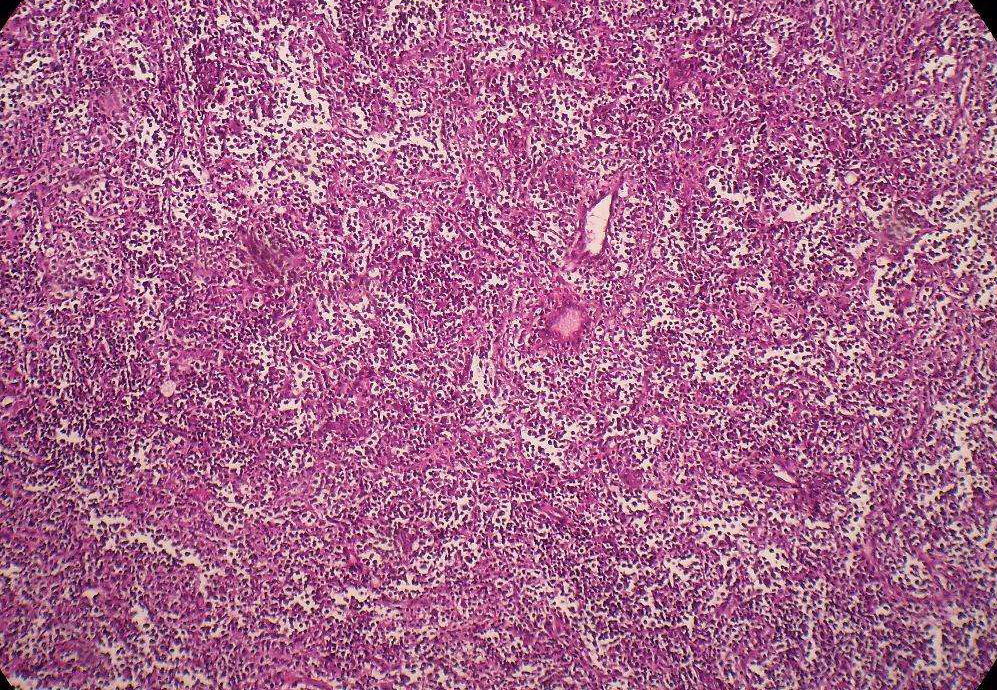On November 3, Affimed announced that it will present an update on the ongoing Phase I/II clinical trial at the ASH Congress. The study was designed to evaluate the company’s Innate Cell Engager (ICE®) AFM13 (CD30/CD16A dual antibody) pre-conjugated to cord blood-derived natural killer cells (cbNK) in CD30-positive relapsed or refractory Hodgkin lymphoma Efficacy in patients with tumor and non-Hodgkin lymphoma.
AFM13 is a first-in-class bispecific tetravalent ICE® molecule designed to bind with high affinity to CD16A on NK cells and macrophages and CD30 on lymphoma cells. This recruits NK cells and macrophages to the vicinity of tumor cells, activating them to kill tumor cells. AFM13 is also being studied as a monotherapy that combines with a patient’s own NK cells, thereby enhancing their ability to fight cancer cells. When pre-bound with AFM13, NK cells expanded in the patient’s blood circulation immediately and persisted for at least two weeks.
Since the last data update in April 2022, by the end of July, 11 more patients had been enrolled in the study, and a total of 24 patients were treated at the recommended phase II dose (RP2D) for 4 cycles; each treatment cycle included Fludarabine and cyclophosphamide for lymphodepleting chemotherapy followed two days later with a single infusion of preactivated cytokines and expanded cord blood-derived NK cells premixed with AFM13. AFM13 (200 mg) monotherapy was infused weekly for 3 weeks and responses were assessed by investigators by FDG-PET on day 28.
A total of 30 patients are currently participating in the study. Combination therapy continued to show a 100% overall response rate (ORR) at the highest dose level, DL3 (108NK/kg), with a further improvement in the complete response (CR) rate, from the previously reported 62% to 70.8%.
At all dose levels with a median follow-up of 8 months (1-23 months), an event-free survival (EFS) rate of 57% and an overall survival (OS) rate of 83% were observed. Five patients consolidated their efficacy with stem cell transplantation. On the first day of injection of AFM13 premixed cbNK cells, serum analysis showed that no sensitization effect occurred in the patient.
Overall, the therapy continued to show a manageable safety profile. There were no infusion-related reactions (IRRs) following AFM13-NK injections, and IRRs occurred in 11 (6%) of 182 patients who received AFM13 alone (1 grade 3 and 10 grade 2). In addition, there were no cases of cytokine release syndrome (CRS), immune effector cell-associated neurotoxicity syndrome (ICANS), or graft-versus-host disease (GVHD) of any grade.









